WEBINAR
Understanding Complaint Management
Many ISO certification and accreditation standards contain requirements for management of complaints by an organization. Regardless of the standard requirements, it is important for organizations to receive and duly process complaints, not only for customer satisfaction, but as opportunities for improvement to the overall management system. Customers and other stakeholders submit complaints for a variety of reasons. Some complaints are not justifiable and there is little that can be done to satisfy the complainant. Others provide an insight into issues that may be otherwise unknown.
It is these types of complaints that provide the most benefit to an organization. By virtue of proper disposition of the complaint, an organization improves its management system. Ensuring that complaints are received, acknowledged, and handled appropriately promotes an environment open to feedback that fosters an effective and accessible complaint process to drive process improvement.
Key Takeaways:
- Understand requirements for complaint management in various ISO standards (ISO 9001, ISO/IEC 17025, etc.)
- Learn how to identify what is a complaint and how to find value in a complaint
- Understand the importance of complaints for continual improvement
- Become aware of ISO guideline documents for customer satisfaction and handling complaints
- Learn strategies for complaint management
Presenter
Melanie Ross | Technical Products Developer
Melanie Ross has over 20 years of experience in quality assurance, quality control, and quality management. She has worked in several different industries, including chemical, biological, oil and gas, and aerospace. Her main role in each of these industries was the development of management systems, including internal audit programs, vendor qualification procedures, and implementation of lean six sigma. Currently, Melanie is a Technical Products Developer for ANAB designing and delivering training courses and supporting client outreach through business development activities. Her role serves as a technical resource to customers, assessors, and other interested parties.
